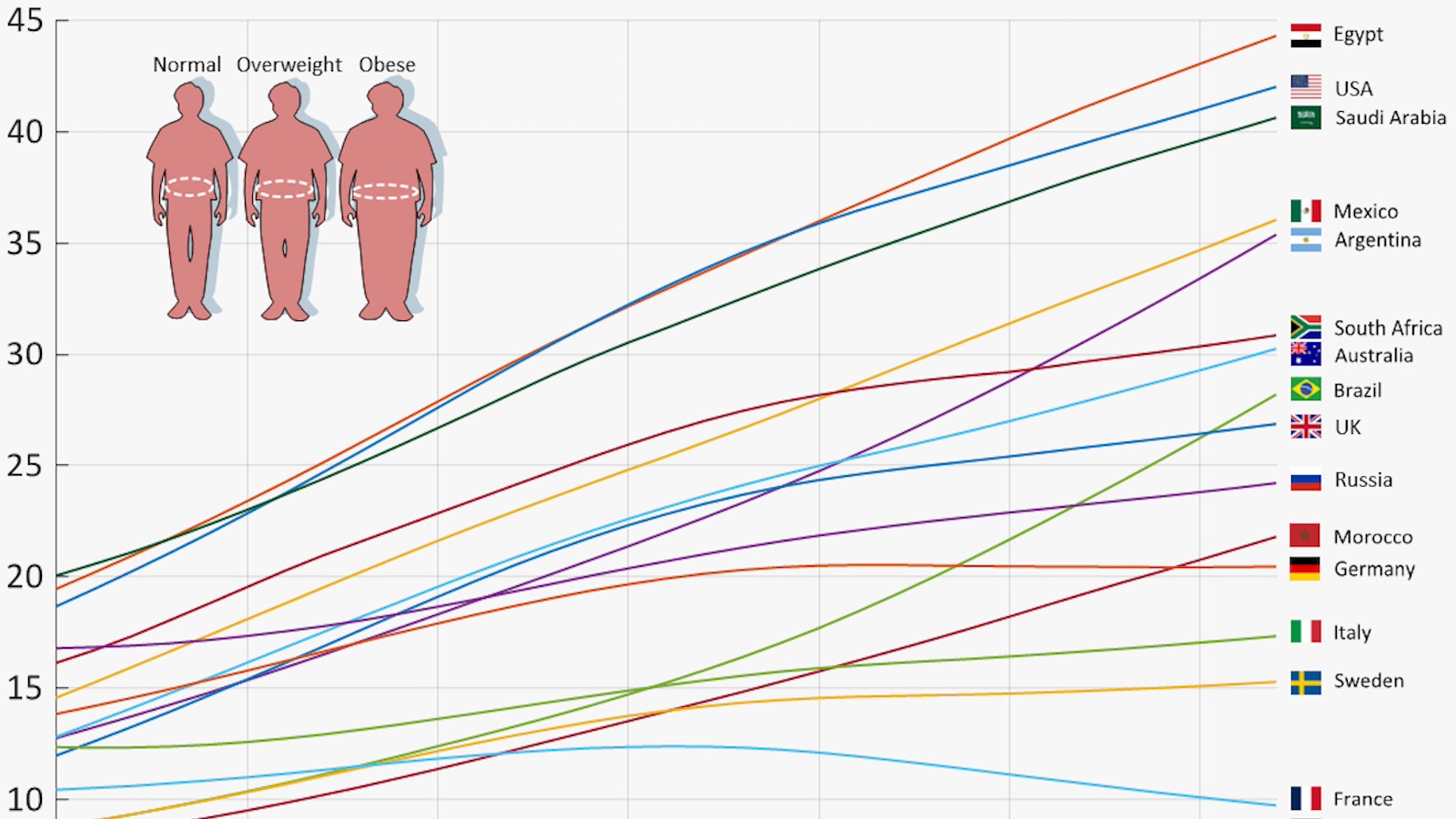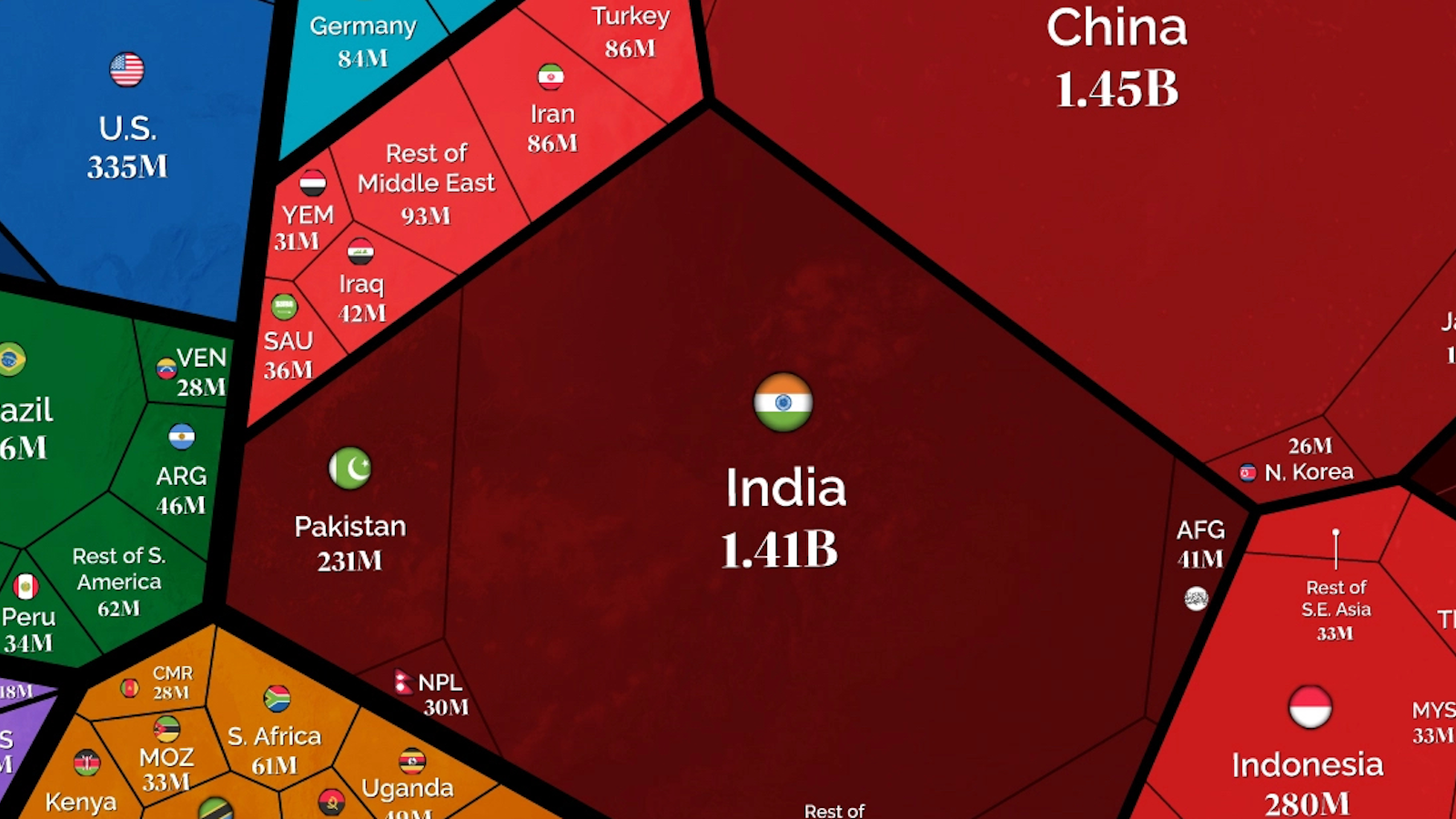The Global Balance of Power Is Shifting, One Google Search at a Time

Outside of how best to solve the current crisis, perhaps the greatest macro question of our moment is what the net effect will be on the balance of global powers when all is said and done.
From China’s willingness to put forward a bold challenge to the dollar as the future global reserve currency to attacks from all corners on the ‘American’ model of capitalism, a range of indicators suggest a form of realignment is already underway. An analysis of Google Trends, which offers a 30,000 foot perspective on the flow of ideas across the Googling world, lends some data-driven support to these observations.
This graph attempts to offer a sort of proxy for the concentration of global power by plotting searches for the terms “G7”, “G8” and “G20” over the last four years (Google’s current limit). The graph may not seem like much of a revelation at first, but it offers a few key insights — most critically, that the (perceived) influence more exlusionary G7 or G8 (which includes Russia when the West is not ostracizing it) has fallen dramatically in the public consciousness relative to its more inclusive counterpart, the G20. This convergence represents an effective shift in power — as of yet, though, it’s still tought to say just how large and whether it will be truly lasting.
It’s also worth noting the respective magnitude of each of the searches across different countries. In particular, the French search for term “G8” more often than any other country by a wide margin. This striking observation perhaps reflects France’s greater interest in world affairs or even the way it leverages multilateral organizations to amplify its global influence, and its domestic opposition in turn latches onto them as political foils, both of which reinforce the prominence of these groups in the French worldview. Again, no firm conclusions can be drawn here, but this line of thinking indicates the mechanisms by which France would gain or lose power in a more fluid power dynamic.
In turning to data, more questions are often raised than resolved, but one thing is certainly clear here — if we are indeed watching scales of power recalibrate, the countries that emerge from the quagmire of the economic crisis first and fastest, will be best positioned to preserve their global power, or even grow it.





